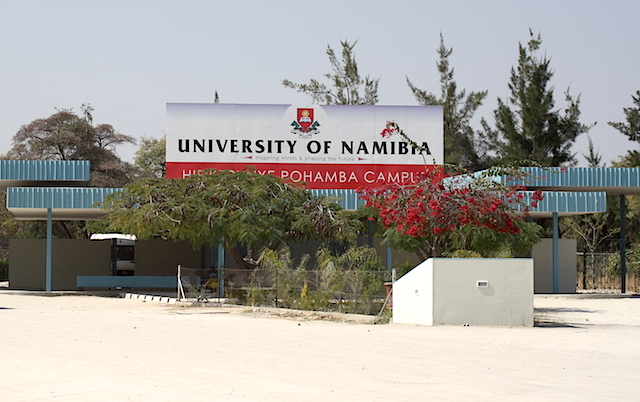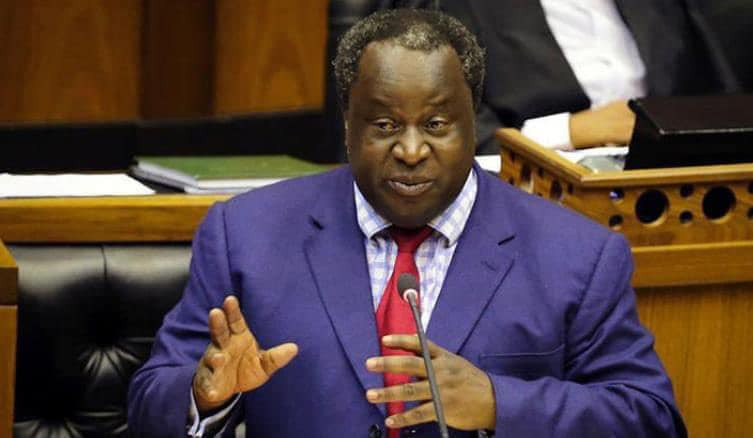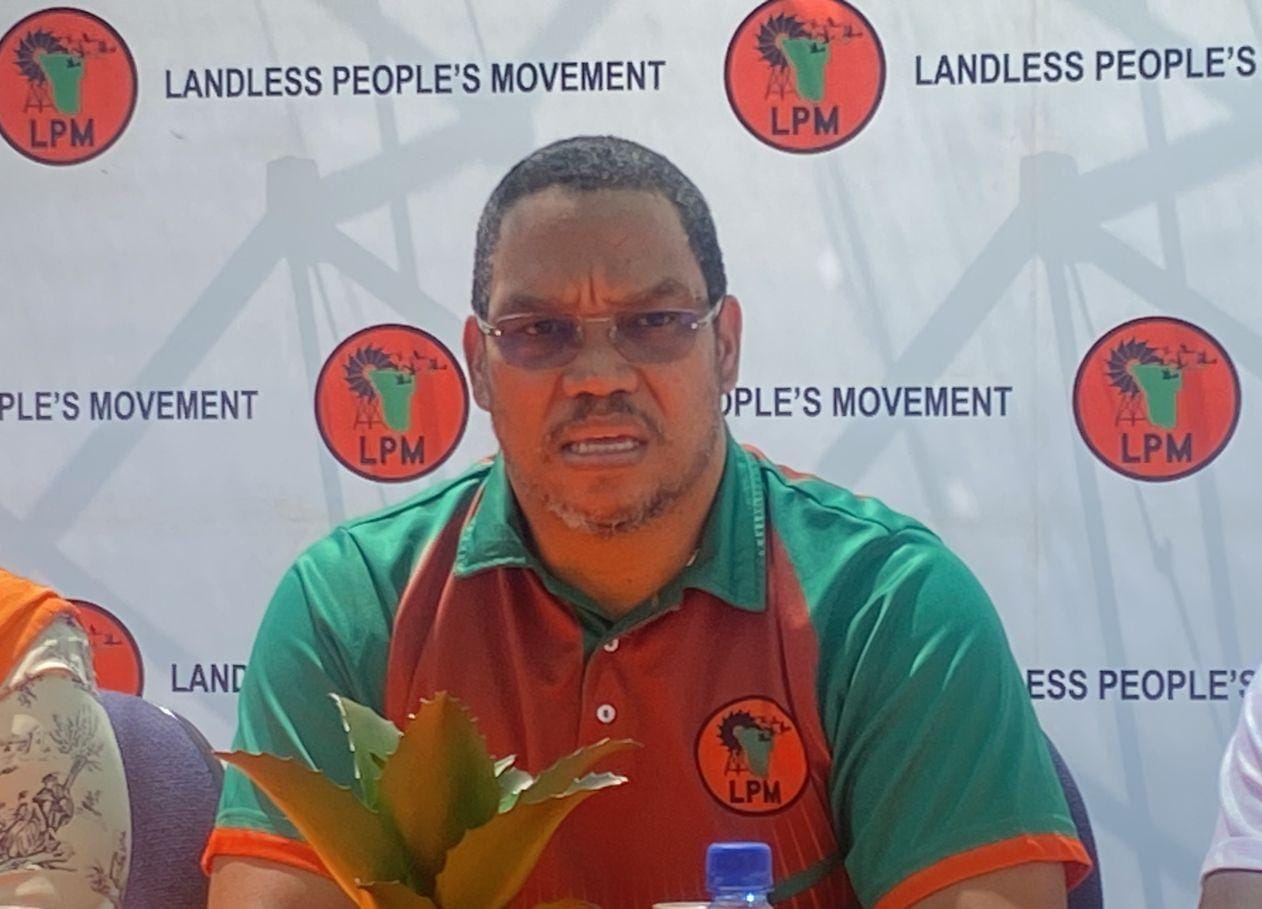A ONE-DAY climate change capacity-building workshop was held at Ongwediva on Monday to train members of the Kunene, Ohangwena and Oshikoto regional councils on the politics of climate change and Namibia’s climate change strategy and action plan.
The three regional councils were trained on climate change emissions, mitigation and adaptation, and their implications for regional councils. A vulnerability assessment for the three regions was also presented.
Because of its arid to semi-arid environment and over-dependency on rain-fed agriculture, Namibia is vulnerable to the negative effects of climate change.
The workshop, which was attended by governors and officials from the three regional councils, also discussed sources of funding for climate change mitigation in Namibia, how climate change adaptation is financed in the country and why developing climate resilience is necessary in rural communities.
The workshop was organised by the University of Namibia (Unam) in collaboration with the Ministry of Environment, Forestry and Tourism.
The two institutions also held a combined seminar for the Kunene, Ohangwena, Omusati, Oshana and Oshikoto regions on why climate change should be decentralised.
The seminar was part of the project co-ordinated by Unam and funded by the Climate and Development Knowledge Network (CDKN).
CDKN supports decision-makers in designing and delivering climate change-compatible development through research, advisory services and knowledge management to support local policy processes.
Unam lecturer Margaret Angula, who is spearheading the activities to implement the project in Namibia, said the country’s climate change strategy and action plan calls for regional governance to play a role in the fight against climate change. She said Unam, as an academic and research institution, has been asked to provide capacity building through raising awareness.
The action plan includes gender-responsive climate action in the efforts to tackle climate change.
Gender-responsive climate action is a plan the United Nations Framework Convention on Climate Change adopted, which outlines action in priority areas, including gender-responsive implementation of the Paris Agreement on Climate Change. This strives for gender balance, participation and female leadership.
A similar workshop on gender-responsive climate action was held in the Oshana and Omusati regions last year.
Stay informed with The Namibian – your source for credible journalism. Get in-depth reporting and opinions for
only N$85 a month. Invest in journalism, invest in democracy –
Subscribe Now!






